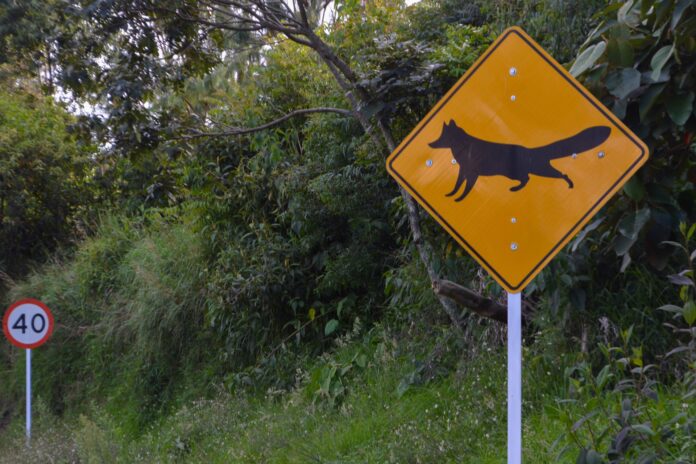You have no trouble spotting them:
what’s left of a fox pancaked to asphalt,
the bunny, upchucked, a frayed braid of guts
where its head was, the rawhide husk of a rat
riddled with holes like a lotus root, one claw
articulated against the trailbed, each nail
a dirt-coated comma. You check on them
every day, brittle carcasses your mind collects
like talismans. The squirrel curled at the foot
of an oak with a beetle for its eye is just a tail
by the next afternoon. You tried to explain it
once, to your mother, how death speaks to you,
seeks you out like a worm shivering on the sidewalk,
and she cried into her appetizer: “Is this a poet thing?”
The truth is you inherited it from her, from the way
she said good morning to the decaying deer
threaded through the guardrail on the highway.
The nights she played records and pulled you to her
to dance, you couldn’t help imagining her gone—
the way, when you see a boot floating in the gunk
along the edge of a river, you can’t help imagining
a body, nose plugged with silt, eyes blank
and bloodless as garlic cloves.
Click here to read Arielle Kaplan on the origin of the poem.
Image: by David Cortes on Unsplash, licensed under CC 2.0.
- Dead Animals - June 14, 2022


